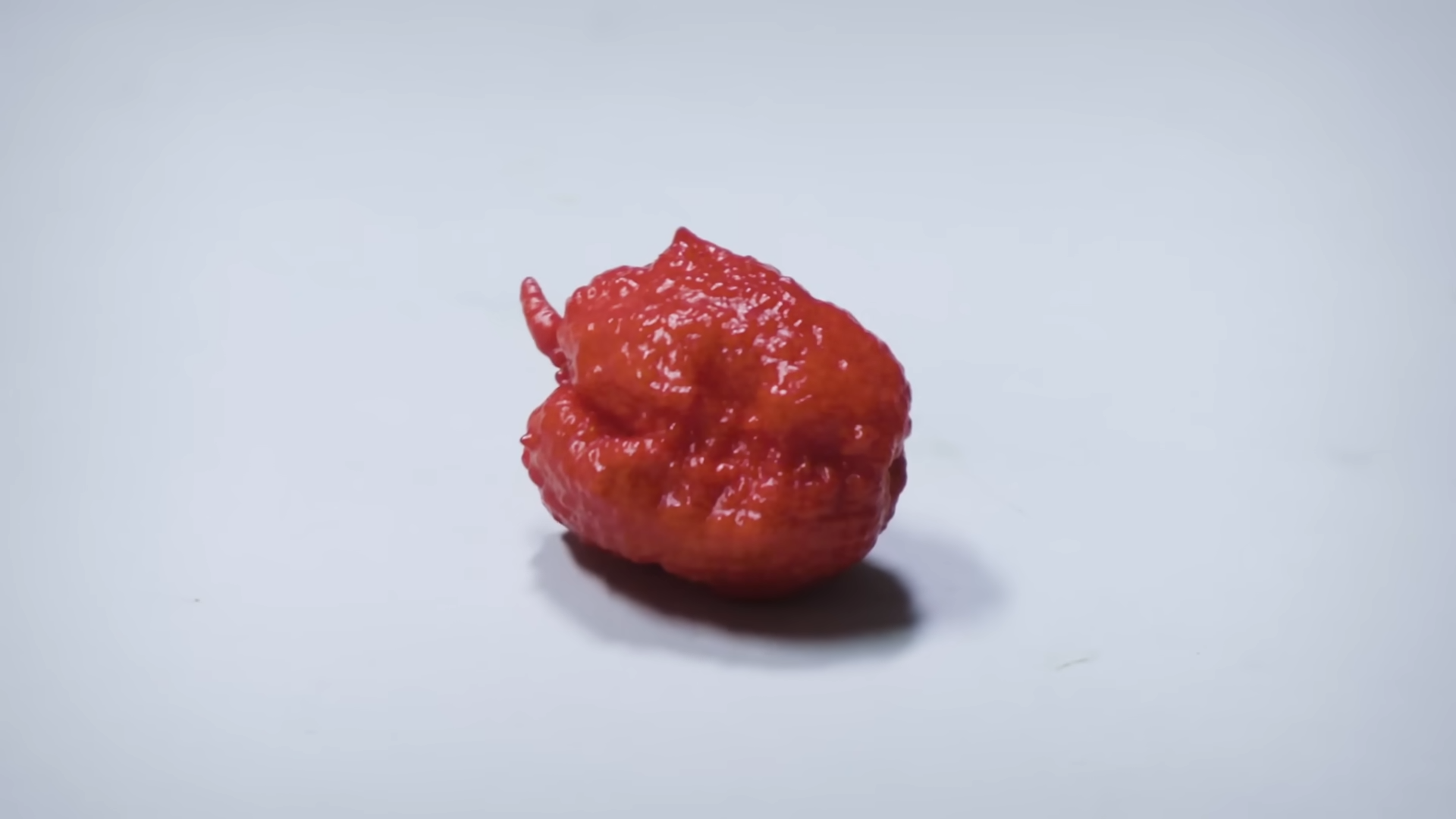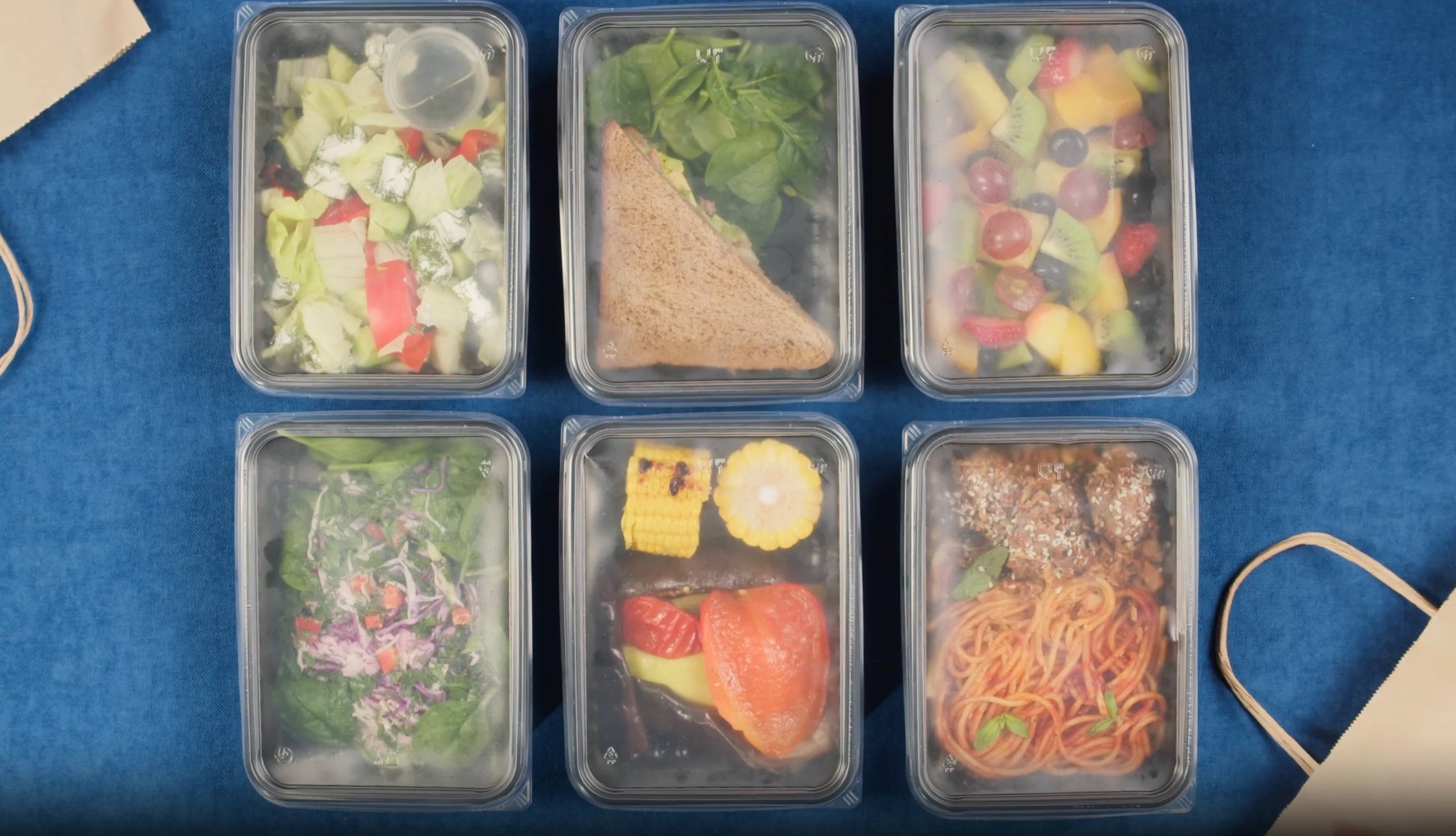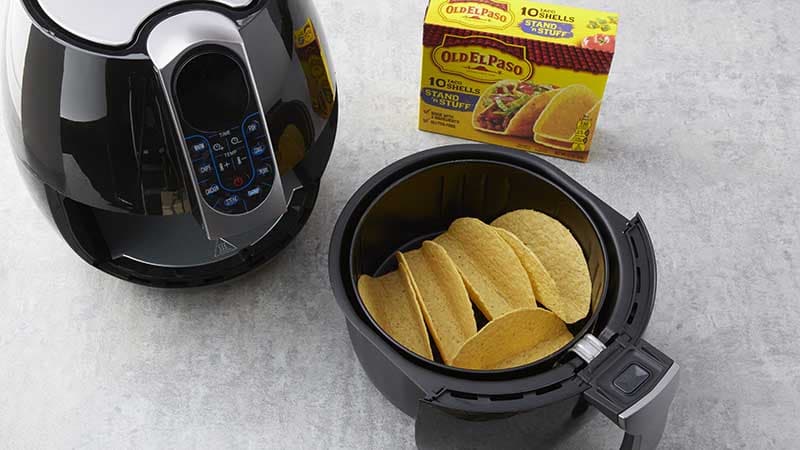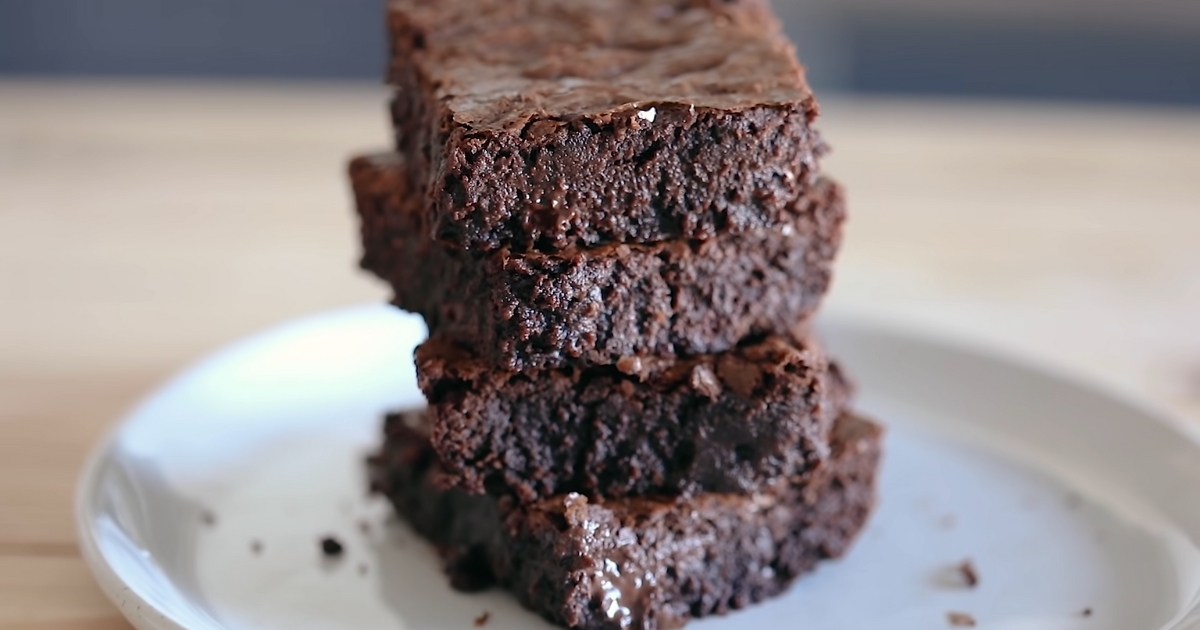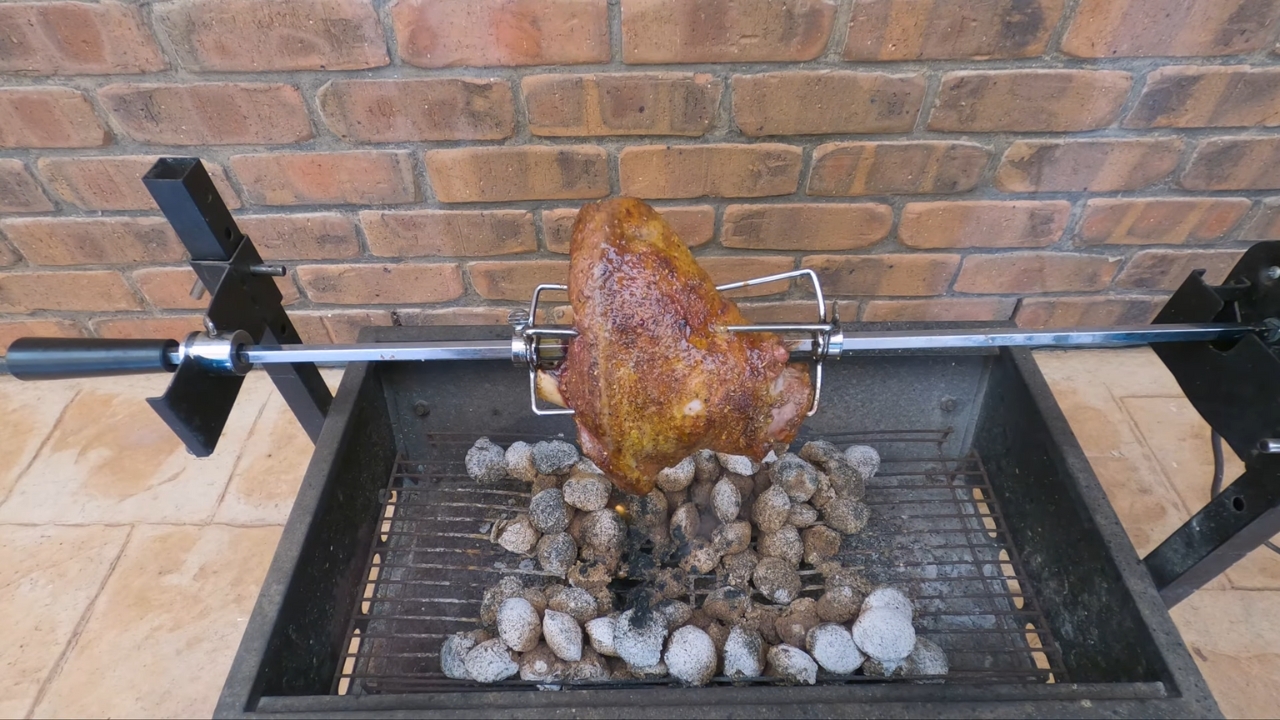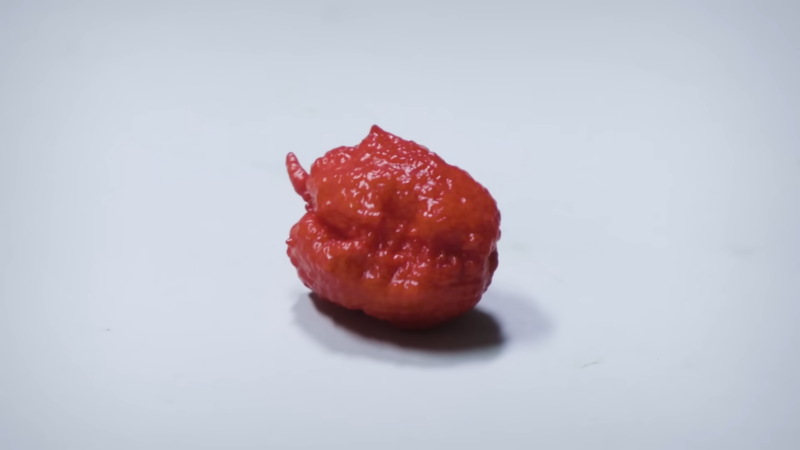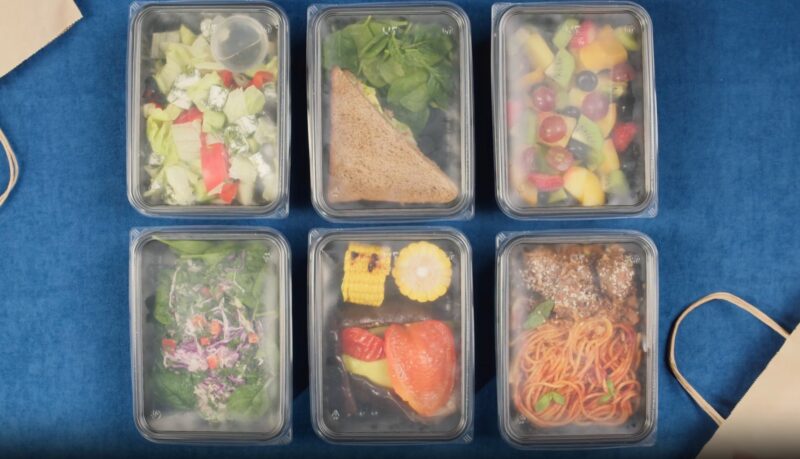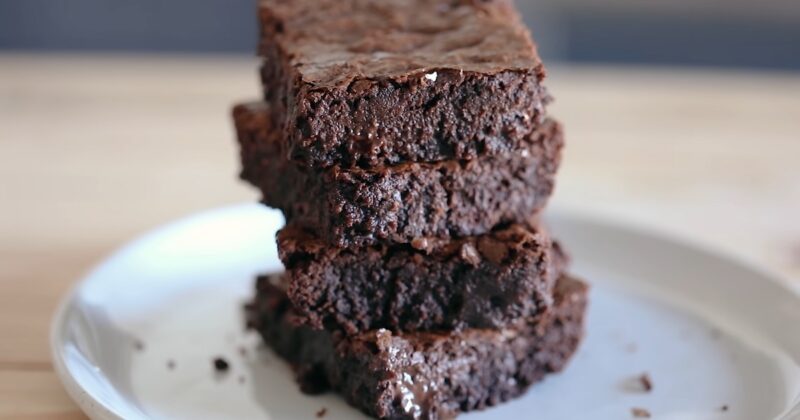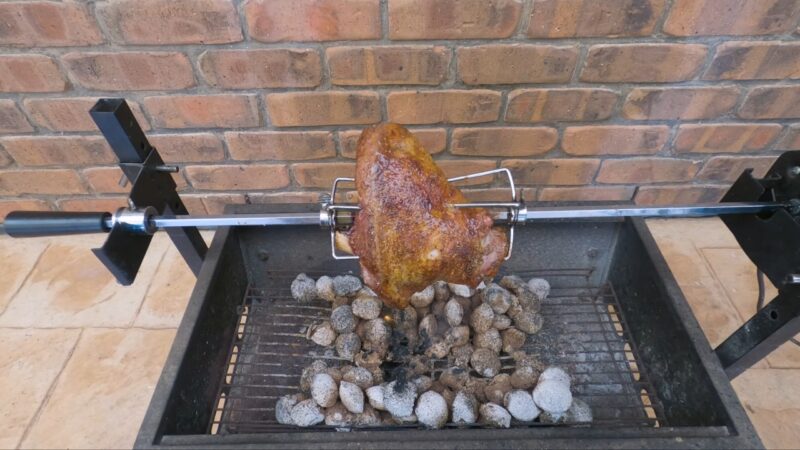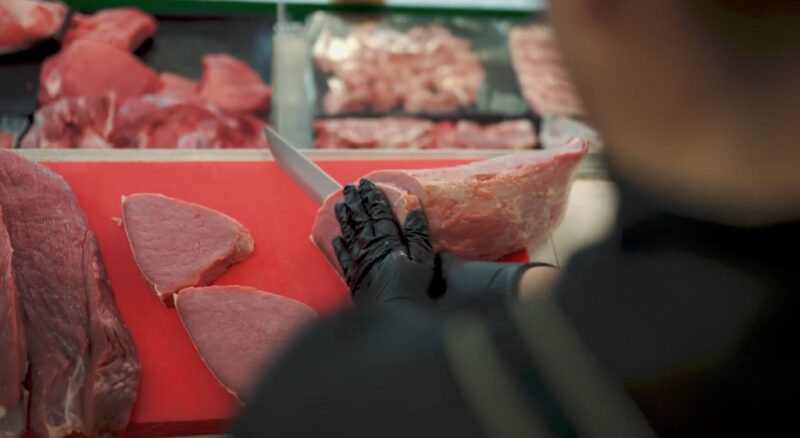
As a seasoned expert in the realm of kitchen ventilation and thermal management, I’ve encountered numerous questions about the efficacy of exhaust fans in mitigating heat within the kitchen space.
The simple answer is yes, exhaust fans play a pivotal role in removing heat, but the process involves more than just displacement of warm air.
As some who repaired countless exhaust fans over the years, I want to share my two cents on the impact they have on kitchen temperature, and some considerations for optimizing their performance.
The Role of Exhaust Fans in Heat Removal
When it comes to maintaining a comfortable atmosphere in the kitchen, exhaust fans are a key player. Their primary function is to remove the hot air that rises from cooking surfaces and replace it with cooler air from outside or other parts of the home.
This exchange is not just about comfort; it also involves the safety and usability of the kitchen environment.
But how do they manage to remove heat from the kitchen? There are several ways this is done.
- Principle of Convection: Heat naturally rises due to convection, and exhaust fans take advantage of this by being placed at a high point in the kitchen, usually above the stove.
- Air Exchange Mechanism: The fan pulls the hot air out, which can help lower the ambient temperature of the room, making it more comfortable for those cooking and dining.
- Impact on Humidity and Air Quality: By removing the hot air, exhaust fans also help to reduce the overall humidity and remove airborne contaminants, which often accompany heat in kitchen settings.
What You Should Know About Exhaust Fans?
Exhaust fans, commonly found in kitchens, play a pivotal role in maintaining air quality and temperature. But how do they function, and what’s their primary purpose?
We are talking about a ventilation device designed to expel unwanted odors, moisture, and, yes, heat from specific indoor areas.
In kitchens, these are typically installed above stoves or cooking ranges, helping to draw out smoke, steam, and other by-products of cooking.
How Do They Work?

Now, I would talk about how kitchen exhaust fan function.
Optimizing the Use of Exhaust Fans
To maximize the benefits of an exhaust fan, proper usage and maintenance are key. This ensures that the fan operates at peak efficiency, providing the best possible heat removal from the kitchen.
- Best Practices for Use
- Timely Operation: Activating the fan when you start cooking and leaving it on for a short period after finishing can help to ensure all heat and pollutants are removed.
- Regular Cleaning: Keeping the fan clean from grease and debris not only improves its performance but also extends its lifespan.
- Maintenance and Upkeep
- Inspection and Repair: Periodic checks for any issues and prompt repairs if needed will keep the fan functioning correctly.
- Upgrades: Over time, upgrading to a more powerful or energy-efficient model can be a wise investment for continued heat management in the kitchen.
Benefits Beyond Cooling

While the primary focus here is heat removal, these offer a plethora of other benefits that enhance the overall kitchen experience.
Odor and Smoke Elimination
Every seasoned chef knows that cooking can sometimes lead to burnt food or strong odors. An exhaust fan efficiently removes these, ensuring your kitchen smells fresh, and the smoke alarm stays silent.
Moisture Reduction
Boiling, steaming, or any form of cooking releases moisture into the air. Over time, this can lead to mold or mildew. Exhaust fans help in reducing this moisture, protecting your kitchen walls and ceilings.
Choosing the Right One

The effectiveness of an exhaust fan in removing heat largely depends on its type, size, and installation. So, how do you choose the right one for your kitchen?
Different Variants
There are primarily two types of these device: wall-mounted and ceiling-mounted.
- Wall-mounted are installed on an exterior kitchen wall and directly expel the air outside.
- Ceiling-mounted often part of a range hood, are positioned over the cooking area and might require ductwork to channel the air outside.
Size and Power
The size and power of the exhaust fan are crucial. A fan that’s too small won’t effectively remove heat, while an overly powerful one could waste energy. It’s essential to consider the size of your kitchen and the amount of cooking you typically do. Professionals often recommend the one that can replace the kitchen air at least 15 times per hour.
Installation and Maintenance
Having the perfect one is only part of the equation. Proper installation and regular maintenance are key to ensuring it functions optimally.
Proper Installation
For an exhaust fan to work effectively, it needs to be correctly installed. This means ensuring that there are no obstructions in the ductwork and that the fan vents directly outside rather than into an attic or another room.
It’s often recommended to seek professional help for installation to ensure efficiency and safety.
Regular Maintenance
Like all appliances, exhaust fans require regular maintenance. This includes cleaning or replacing filters, checking for obstructions, and ensuring the motor is in good working condition. Regular maintenance not only ensures effective heat removal but also prolongs the fan’s lifespan.
Environmental and Cost Implications
While exhaust fans are incredibly beneficial, it’s essential to understand their environmental footprint and the potential impact on your utility bills.
Energy Consumption
Exhaust fans, especially powerful ones, can consume a significant amount of energy. It’s essential to choose an energy-efficient model and use it judiciously. Some modern fans come with energy-saving features like automatic shut-off timers or variable speed settings.
Environmental Considerations
While expelling hot air from your kitchen, exhaust fans also release the cooled indoor air in homes with air conditioning.
This can increase the load on your AC system, leading to higher energy consumption. Being mindful of the fan’s usage, especially during peak summer months, can mitigate this impact.

Innovative Features
As technology advances, exhaust fans have seen a plethora of innovative features that enhance their functionality and user experience.
Smart Sensors
Some of the latest exhaust fans come equipped with smart sensors that detect heat, moisture, or smoke levels. These sensors can automatically adjust the speed or even turn it on or off based on the kitchen’s current conditions, ensuring optimal performance without manual intervention.
Quiet Operation
One common complaint with older exhaust fans was the noise. Modern designs have addressed this concern, offering models that operate silently without compromising on efficiency. This ensures a more pleasant cooking and dining experience, free from the constant hum or buzz of a fan.
Health Benefits
Beyond the obvious advantages related to heat and odor removal, exhaust fans play a pivotal role in ensuring a healthier kitchen environment.
- Air Quality Improvement
Cooking, especially frying or grilling, releases particles and gases that can be harmful when inhaled. An efficient system helps remove these pollutants, ensuring the air you and your family breathe is cleaner and safer.
- Prevention of Bacterial Growth
As mentioned earlier, cooking releases moisture, creating a humid environment where bacteria and mold thrive. By reducing this moisture, fans indirectly help in preventing the growth of harmful microorganisms, contributing to a healthier kitchen space.
Recommendations
After understanding the multifaceted role of exhaust fans in the kitchen, it’s clear they’re more than just tools for heat removal.
- Invest in Quality
While it might be tempting to opt for cheaper models, investing in a quality exhaust fan pays off in the long run. Not only do they perform better, but they also tend to have a longer lifespan and come with better warranties.
- Regular Check-ups
Even the best exhaust fans can face wear and tear. Scheduling regular check-ups, at least once a year, can help identify and address potential issues before they escalate, ensuring your fan serves you efficiently for years to come.
FAQs
Why is heat removal important in the kitchen?
Removing excess heat ensures a comfortable cooking environment, protects kitchen appliances, and prevents heat-induced wear and tear.
Do all kitchens require an exhaust fan for heat management?
While not mandatory, it’s highly recommended for kitchens, especially those frequently used for cooking, to have an exhaust system for effective heat and moisture management.
Does the position of the exhaust fan affect its heat removal efficiency?
Absolutely! Proper positioning, whether wall-mounted or ceiling-mounted, ensures optimal air flow and effective heat extraction.
Can I use my exhaust fan in conjunction with other cooling methods?
Yes, using exhaust fans with other cooling methods like air conditioning or ceiling fans can enhance the overall cooling effect in the kitchen.
What’s the difference between an exhaust fan and a range hood?
While both serve to remove heat and odors, range hoods are specifically designed for placement over cooking ranges, often coming with built-in lights and filters.
Wrapping Up
In the grand scheme of kitchen appliances, exhaust fans might not be the first thing that comes to mind. Yet, as we’ve explored, their role is undeniably crucial.
From ensuring a comfortable temperature to promoting a healthier environment, these fans are the unsung heroes that work silently in the background.
Related Posts:
- 10 Best Kitchen Exhaust Fans in 2023 - Get the Best Airflow
- How Much Electricity Do Kitchen Exhaust Fans Use:…
- What are Some of the 12 Best Electric Can Opener? -…
- How to Replace Kitchen Sink Strainer with Some Easy Steps!
- 5 Best Food Steamer 2023 – Time For Some Healthilicious Food
- 11 Best Pasta Strainer For Your Kitchen 2023 -…

